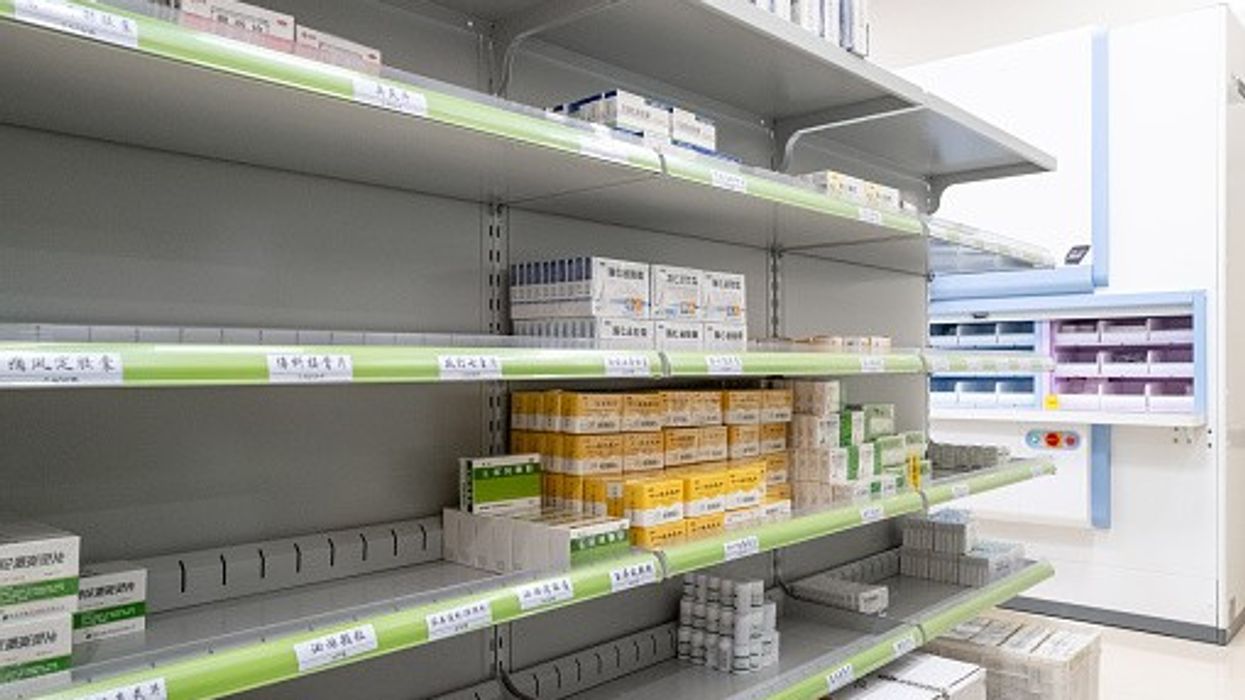The Company Chemists’ Association (CCA) has warned the government's longstanding drive to save pennies on the medicines bill is leading to avoidable medicine shortages, ultimately costing taxpayers more.
In a newly released paper, the CCA highlighted how the government has squeezed the price it is willing to pay for many medicines, making the UK a less attractive market for pharmaceutical manufacturers and suppliers.
As a result, many common medicines often go into short supply, forcing the NHS to pay significantly higher prices through temporary price concessions to secure the supply of those medicines—far outweighing the initial cost savings.
How price concessions inflate costs
A price concession is a temporary increase in the price of a medicine, introduced by the Department of Health and Social Care (DHSC) when the Drug Tariff price falls below the market rate.
However, the CCA’s analysis demonstrated that this system is leading to excessive costs.
For instance, the government reduced the rate it paid for 28 x 20mg atorvastatin tablets from an average of £1.27 to £0.92 between January 2022 and April 2023.
However, this price squeeze led a major manufacturer to withdraw from the UK market, causing shortages and subsequently a surge in prices.
During an eight-month price concession period, the NHS was forced to pay £24.5 million for atorvastatin—more than triple the £7.2 million it initially saved by lowering the rate paid for the medicine over a 16-month period.
Atorvastatin, which helps lower cholesterol and reduce the risk of heart attacks and strokes, has been the most prescribed medicine since 2016.
A similar pattern emerged with omeprazole, widely used to treat indigestion, heartburn and acid reflux and stomach ulcers.
The government’s decision to cut the price paid for a 28-capsule box of omeprazole 20mg by 24% saved £9.3m, but subsequent shortages and an 8-month price concession cost the NHS £43.2 million.
The CCA revealed that the number of price concessions has surged over the past decade, increasing from 195 in 2014/15 to 1,640 in 2023/24—a rise of over 740%.
Patients and pharmacies bear the brunt
The CCA stressed that medicine shortages are causing avoidable harm to patients, who are struggling to access essential treatments, while pharmacies are forced to dispense medicines at a loss or face stock shortages.
Malcolm Harrison, CEO of the CCA, criticised the government's approach, stating: “Saving pennies is costing the taxpayer pounds with patients facing a ‘new normal’ of rolling medicine shortages.”
“The current model of penny-pinching simply no longer works in the public interest.”
He stressed that the stranglehold placed on community pharmacies must be released to enable them to competitively buy medicines for the NHS.
The association called for immediate action, including:
- Investing in competitive pricing for medicines to attract manufacturers and suppliers to the UK.
- Increasing the ‘retained margin’ for community pharmacies to help them source medicines more effectively.
The retained margin mechanism incentivises community pharmacies to buy medicines at the lowest possible price for the NHS.
The CCA argued the retained margin, which incentivises pharmacies to buy medicines at the lowest possible price for the NHS, has remained unchanged since 2014, despite a 14% increase in prescription volumes.
When adjusted for inflation, this has resulted in a real-terms funding cut of nearly £330 million per year, it said.
The CCA also urged the government to support an end-to-end review of the UK medicines supply chain to enhance resilience and ensure long-term medicines security.
Nick Kaye, chair of the National Pharmacy Association (NPA), has also criticised the current drug tariff, calling it outdated and unfit for purpose.
“Our complicated drug tariff arrangements may once have made sense in theory, but in practice this is no longer fit for purpose and is squeezing the lifeblood out of independent pharmacies,” he said.
Welcoming the CCA’s report, Kaye acknowledged that it explains “an important international dimension to medicines shortages in this country.”
However, he emphasised that shortages arise from multiple issues, underscoring the urgent need for “an end-to-end review of the medicines supply chain.”
“Fundamentally there is not enough money in the UK system to sustain a functioning system of medicines supply,” he warned.













